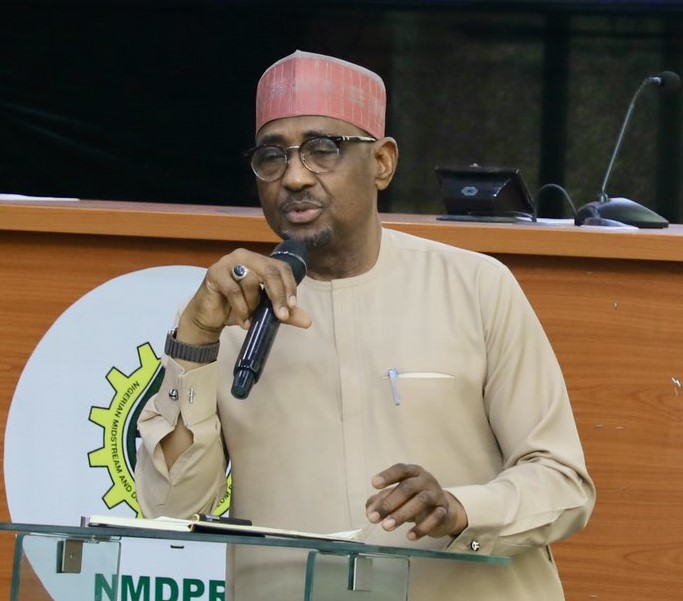The Nigerian Midstream and Downstream Petroleum Regulatory Authority (NMDPRA) is proposing new regulations to govern the decommissioning of petrol stations, a move that has sparked controversy within the downstream petroleum sector. The draft regulation, titled the Midstream and Downstream Petroleum Safety and Environmental Regulations 2025, mandates standardized procedures for the abandonment and decommissioning of retail fuel outlets, a provision that has drawn opposition from some stakeholders who believe the regulations should focus solely on midstream operations. The NMDPRA, however, contends that the regulation is crucial to mitigate environmental hazards posed by poorly managed or abandoned petrol stations, aligning with the authority’s broader goal of harmonizing safety and environmental standards across the entire petroleum sector.
The core issue at stake revolves around the scope of the proposed 2025 regulations. While the NMDPRA emphasizes the importance of including downstream facilities, particularly petrol stations, in the decommissioning framework to prevent groundwater contamination and other environmental risks, some stakeholders argue that the regulations should be confined to midstream operations. This difference of opinion highlights the inherent tension between the NMDPRA’s mandate to protect the environment and the operational concerns of downstream operators who may perceive the new regulations as an added burden. The NMDPRA seeks to address these concerns by emphasizing that the regulations are designed to provide clear guidelines and procedures, ultimately facilitating easier compliance and promoting self-regulation within the industry.
The proposed regulations are a product of a consolidation effort by the NMDPRA, streamlining three previously separate regulations – safety, abandonment/decommissioning, and environmental – into a single, comprehensive document. This consolidation aims to simplify compliance for operators, eliminate redundancies, and resolve inconsistencies across previous regulations. The authority believes this streamlined approach will foster greater adherence to the Petroleum Industry Act (PIA) and associated regulations, thereby strengthening the overall regulatory framework governing the midstream and downstream petroleum sectors. The NMDPRA draws parallels to regulatory practices in other jurisdictions, such as Norway, which employ a more consolidated approach, highlighting the trend towards simplified and more efficient regulatory structures.
The NMDPRA’s justification for the inclusion of downstream facilities in the decommissioning regulations rests on the potential environmental risks associated with abandoned petrol stations. Improperly decommissioned stations can lead to soil and groundwater contamination, posing significant threats to human health and the environment. By mandating standardized procedures for abandonment and decommissioning, the NMDPRA seeks to minimize these risks and ensure responsible closure of these facilities. The authority views these regulations as a critical step towards enhancing environmental protection within the downstream sector, aligning with its overarching commitment to sustainable petroleum operations.
The consultation process surrounding the draft regulations underscores the NMDPRA’s commitment to stakeholder engagement. The forum provided a platform for operators to voice their concerns and offer feedback on the proposed regulations. The NMDPRA has acknowledged the dissenting voices regarding the inclusion of downstream facilities, particularly petrol stations, within the scope of the regulations. However, the authority maintains that the environmental risks associated with abandoned petrol stations necessitate a regulatory framework to ensure responsible decommissioning practices. The NMDPRA has committed to carefully considering the feedback received during the consultation process and making necessary adjustments to the regulations before finalization.
Following the stakeholder consultation, the NMDPRA plans to finalize the regulations through a series of steps. The authority will collate the feedback received, seek management approval, work with the Ministry of Justice to ensure proper legal drafting, and finally forward the regulation to the government press for official gazetting. This process is estimated to take approximately one month. The NMDPRA’s emphasis on stakeholder engagement and its commitment to addressing concerns raised during the consultation period demonstrate its dedication to developing regulations that are both effective in achieving their environmental objectives and practical for operators in the midstream and downstream petroleum sectors.














